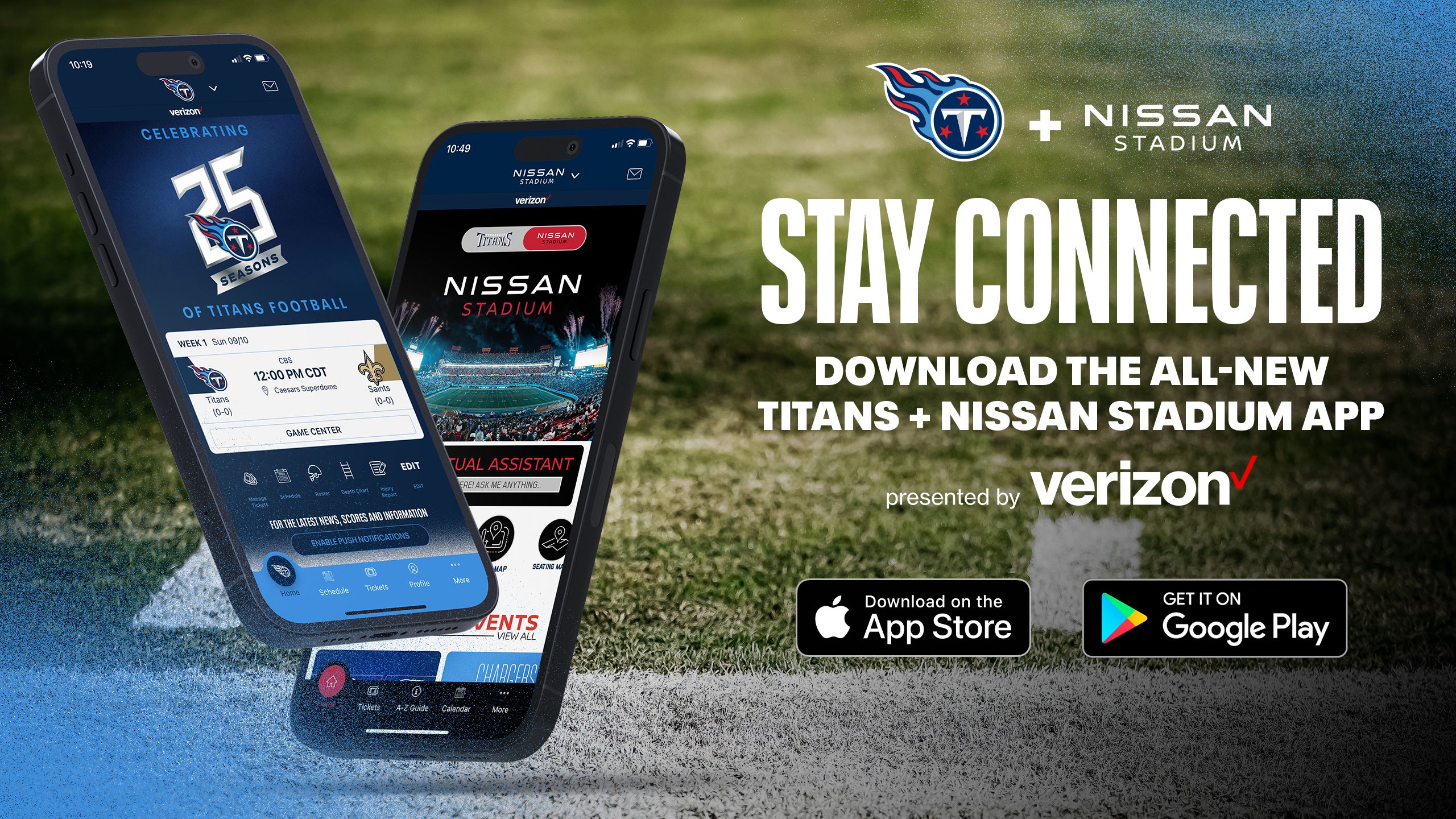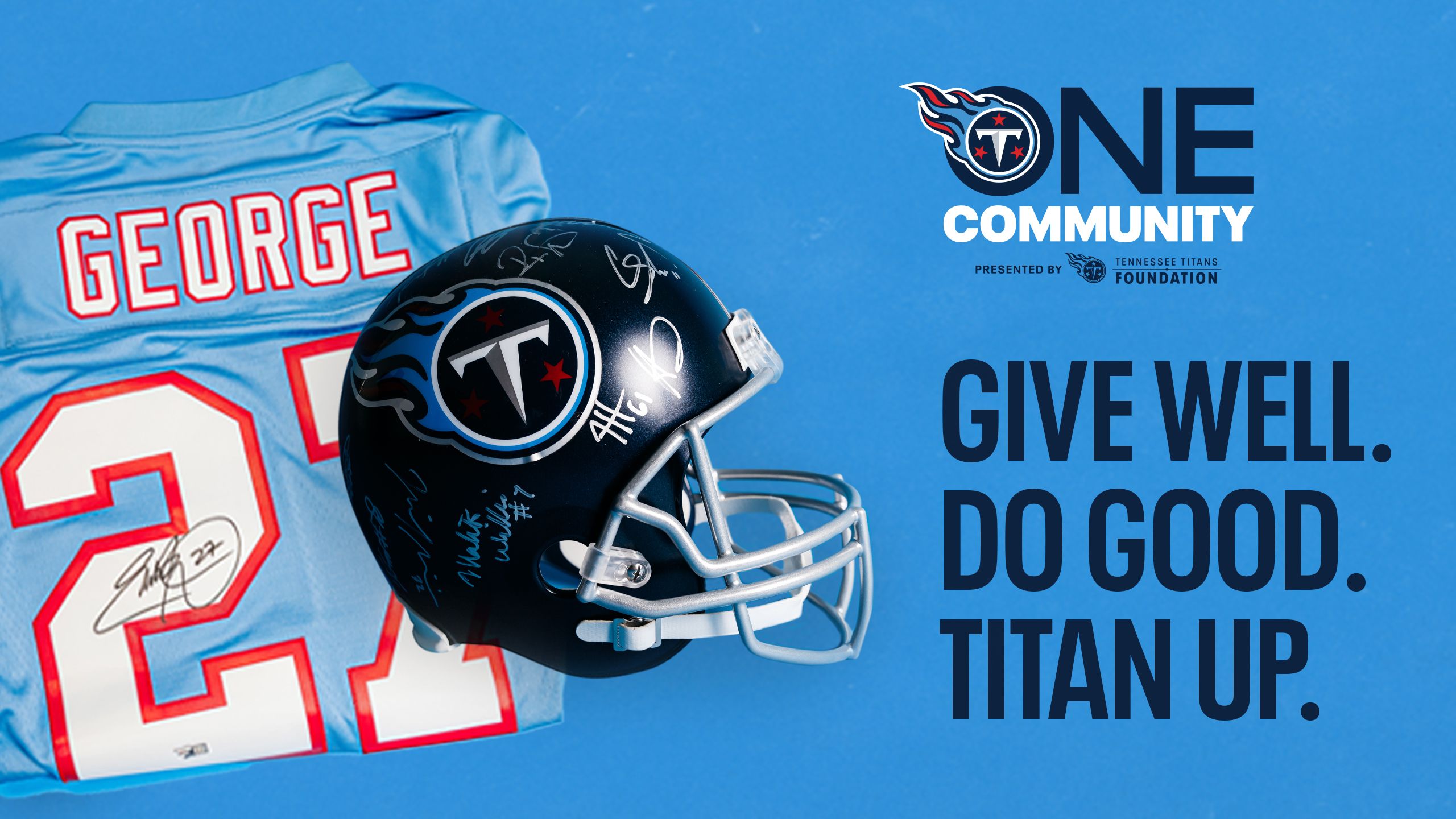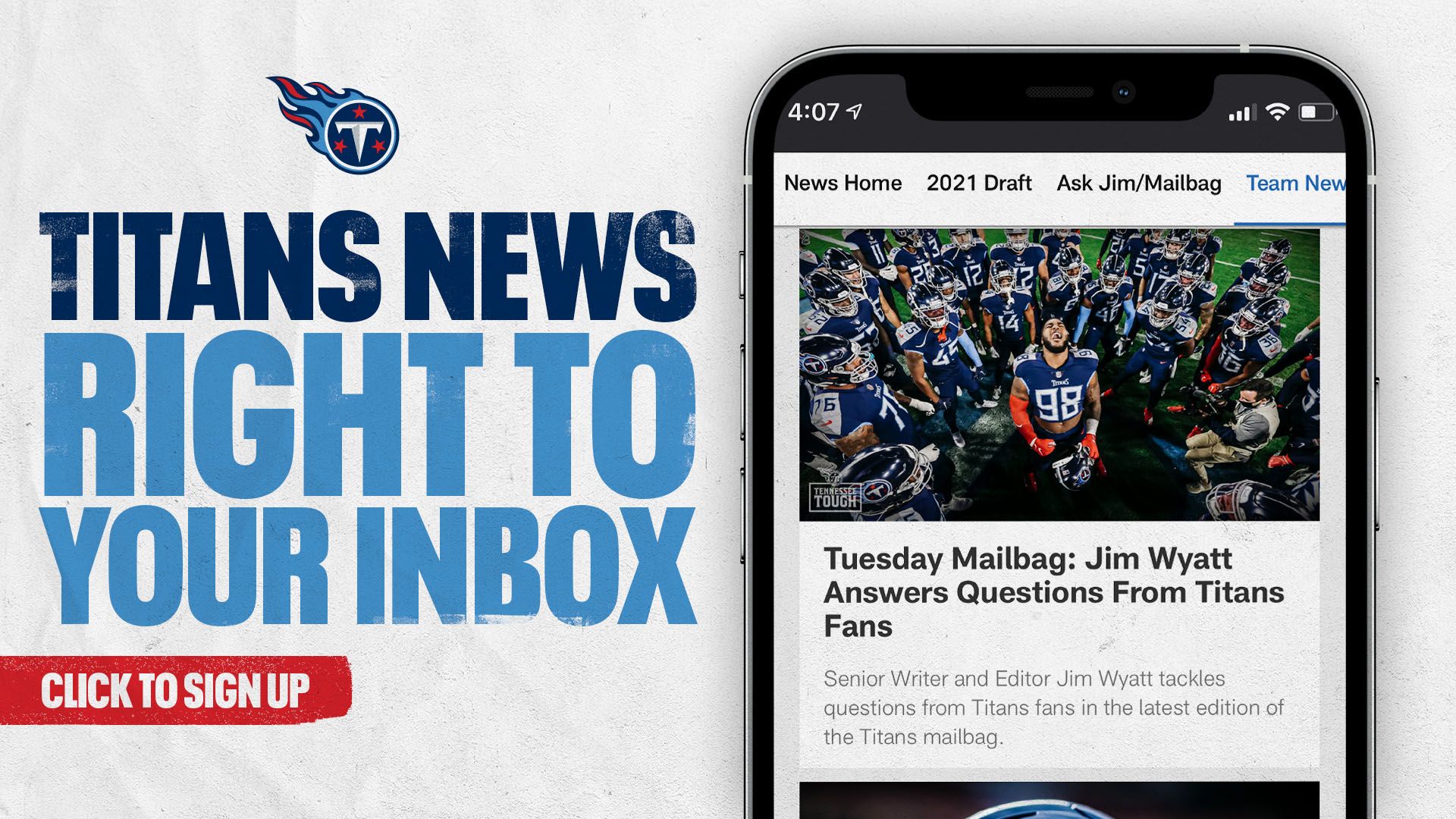**
 |
| Second-year linebacker Rennie Curran is exploring options for a career after football. |
Harrington, a forward with the Denver Nuggets, and Curran, a Tennessee Titans linebacker, spent the last two days at the Pro Athletes Franchise Initiative to learn what it takes to own and operate restaurant chains.
Harrington, whose NBA contract runs another four seasons, has been investing since his professional career began in 1998. But the franchising seminar opened his eyes to a world he didn't know existed.
"This is great, and I've got another one coming up next month," Harrington said. "I'm going to follow a guy for about four weeks that owns about 200 of them down in Florida, places Cracker Barrel, Outback and stuff like that, to see if it's something I really want to do."
Curran began seeking business advice before the Titans drafted him out of Georgia in the third round of 2010. Baltimore Ravens linebacker Ray Lewis and retired Atlanta Falcons linebacker Jessie Tuggle were among those who helped him understand how to balance his career and manage his money.
"You always hear, coming in as a rookie, that you should be thinking about the transition after football because it will eventually end," Curran said. "Even if you have a 10-year career, you're 35 when you retire and you've still got your whole life ahead of you. It's like these guys are saying, 'If you take advantage of opportunities like these and use this kind of platform while you're in the league, it can be huge.' "
Such was the advice that retired NFL players Tyoka Jackson (IHOP), Zach Wiegert (Dunkin Donuts) and Angelo Crowell (Jersey Mike's) offered a room full of prospective franchisees and franchisors who gathered at Georgia Tech:
—Fully understand how a business operates before you invest;
—Begin networking immediately, and if you've already done so, be more persistent;
—Maximize your efforts by promoting your brand as a player and your affiliation with a pro sports league.
"You'd be surprised what an impact it will make if you give a pair of tickets to a prospective client or colleague," Jackson said. "That kind of goodwill goes a long way, a lot further than you might think, because word spreads fast."
Added Wiegert, "So many people like to use your name as they're doing their own networking. There's no reason you shouldn't take advantage of it."
Like Harrington and Curran, Philadelphia Eagles linebacker Moise Fouku used the franchise seminar as a means of gathering information. He wasn't ready to start writing checks.
"We have a lot of time with the lockout going on," Fouku said. "After being here, I'm actually pleased. I don't know if this is something I necessarily want to do, but I like what I'm hearing."
Fouku invoked the adage that players have used for years — NFL, as in, not for long.
"We're not going to play football forever," he said. "Something like this gives you ideas of what you can do after a pro career."
He added that studying game film, reading formations and relying on teammates can give him an advantage compared to other neophyte business owners.
"The funny thing about being in the NFL, as far as handling adversity, studying things and executing things, we're very much business-oriented in that sense," Fouku said. "You take a lot of the principles you learn in football and apply it in the business world, but it's just like anything else. If you don't work hard, you're not going to make it very long."

















